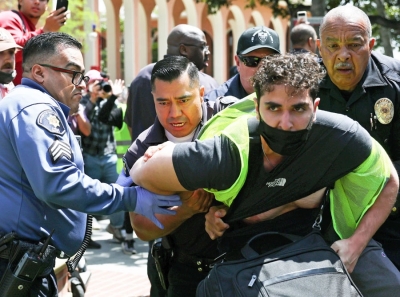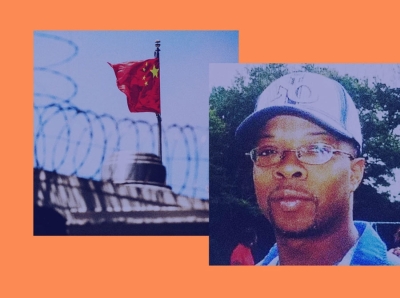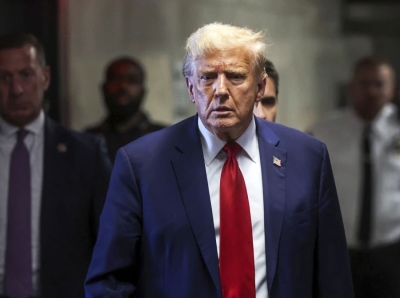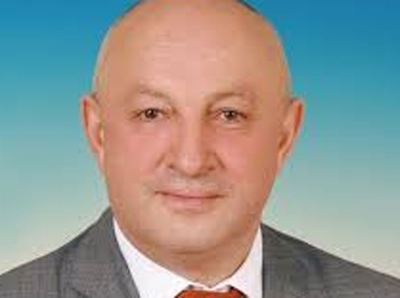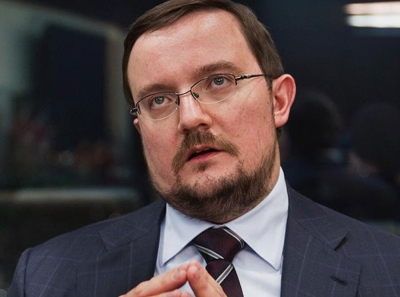Dutch elections: winner Wilders wants to be PM
Geert Wilders’ right-wing populist PVV has emerged as the strongest party in elections in the Netherlands. But with just 37 of the 150 seats in parliament after almost all votes have been counted, Wilders needs several coalition partners to form a government. European commentators examine the reasons for and ramifications of his victory.
A lot of frustration, little in common
NRC comments:
“The Rutte era is ending with a right-wing populist revolt that is shaking the very foundations of the Binnenhof [government district]. ... Wilders has benefited from the fact that asylum and migration are key issues for many voters. ... The result also testifies to major frustration over the state in which outgoing Prime Minister Rutte has left the Netherlands. ... In poilcy terms, a right-wing coalition between the PVV, the [right-wing liberal] VVD and [the new centre party] NSC will not be an easy proposition. The parties may agree on the aim of drastically curbing immigration to the Netherlands, and given their election programmes they may be prepared to test the limits of the country’s European commitments. But cooperation on many other issues would be far more complicated.”
Enter a coalition to tackle crises
After Wilders’ election victory other parties must overcome their qualms and consider working with him, De Telegraaf demands:
“Our asylum policy is bankrupt, the housing market is at a standstill and more and more people are struggling to make ends meet due, in part, to high energy costs. Meanwhile our country’s business climate is under pressure and there are climate targets on which choices have to be made. ... There is no alternative, and one party or another will have to break their election promises regarding coalition partners. This is the only way a government can be formed in the foreseeable future. And given the aforementioned crises this is a matter of urgency.”
A nightmare for Bulgaria
Club Z fears the worst after Wilders’ election victory:
“Not only does he oppose our joining Schengen, but he has repeatedly called for Bulgaria and Romania to be excluded from the EU. In 2012 he launched a website where the Dutch could talk about their ‘problems’ with the citizens of several European countries. The homepage contained the following message: ‘Are they causing you problems? Or have you lost your job because of a Pole, a Bulgarian, a Romanian or any other Central European? We’d love to hear from you.’ ... It looks like our diplomats will soon have to deal with the wild racism of Wilders and his fellow campaigners for a ‘problem-free’ Netherlands.”
Europe’s right in celebration mode
Polityka observes a broader trend in Europe:
“The Netherlands is part of a wider trend and is becoming the next country in which — as was previously the case in Italy and Sweden, among others — groups on the right within the so-called mainstream are being overtaken by the radical or anti-system right. Wilders’ success gives the European nationalists a boost. Hungarian Prime Minister Viktor Orbán hailed a ‘wind of change’. France’s Marine Le Pen also rushed to congratulate Wilders and express hopes of change on the continent. The German AfD was delighted and even went overboard in stating that ‘everywhere in Europe, the people want political change’.”



